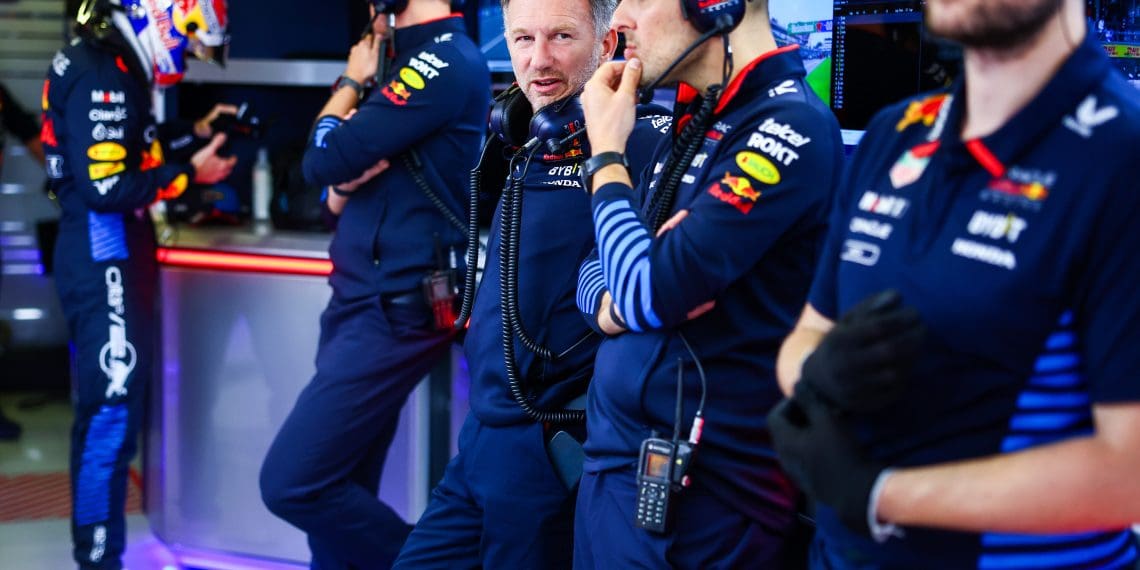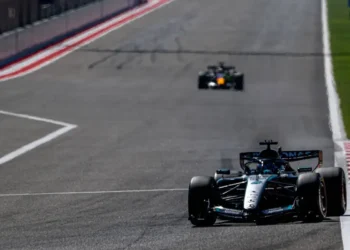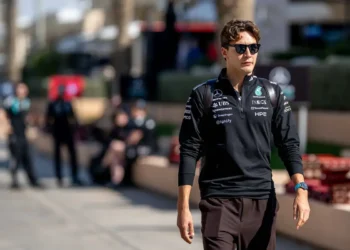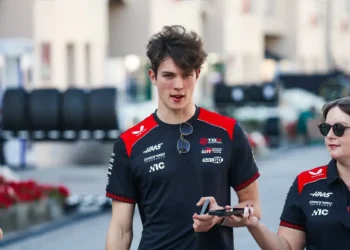Max Verstappen’s aggressive racing style once again sparked controversy at the 2024 Mexico Grand Prix, where he received two 10-second penalties for incidents with McLaren’s Lando Norris. Red Bull Team Principal Christian Horner has since argued that the penalties were overly harsh and highlighted the evolving complexity of F1’s overtaking rules.
The incidents unfolded on Lap 10 when Norris, aided by DRS, made a bold attempt to pass Verstappen on the outside of Turn 4. Verstappen’s defensive maneuver forced Norris off-track and onto the grass, a move that earned the Red Bull driver his first penalty. Just moments later, the two clashed again at Turn 7, where Verstappen pushed Norris off the road a second time, resulting in a second penalty.
Horner, using GPS and telemetry data, argued that Norris’s approach to Turn 4 was overly ambitious, citing that Norris entered the turn 15 km/h faster than his fastest lap. “On the lap with the incident, Lando braked later and at a higher speed than his quickest lap, with around 80kg more fuel in the car,” Horner noted. “He wouldn’t have made the corner; you can see from his steering inputs that he was over-committed.”
Horner voiced concern over F1’s overtaking rules, claiming they now encourage drivers to simply place their car ahead at the apex, expecting room on the exit rather than completing a clean pass. “We’re in danger of flipping the overtaking laws upside down,” he warned. “The inside line traditionally controls the corner. That principle is changing, and it risks over-complicating racing.”
While Horner defended Verstappen’s Turn 4 actions, he admitted that the Turn 7 incident was a tougher call, saying, “Max was probably expecting Lando to concede the place, but Lando held on, leading both to run wide. A penalty there is understandable.”
As the title fight between Verstappen and Norris intensifies, Horner suggests that the FIA should consider simplifying overtaking rules. “Racing has always been about positioning, but it’s become more about creating opportunities to claim space rather than genuine overtakes,” he concluded.










